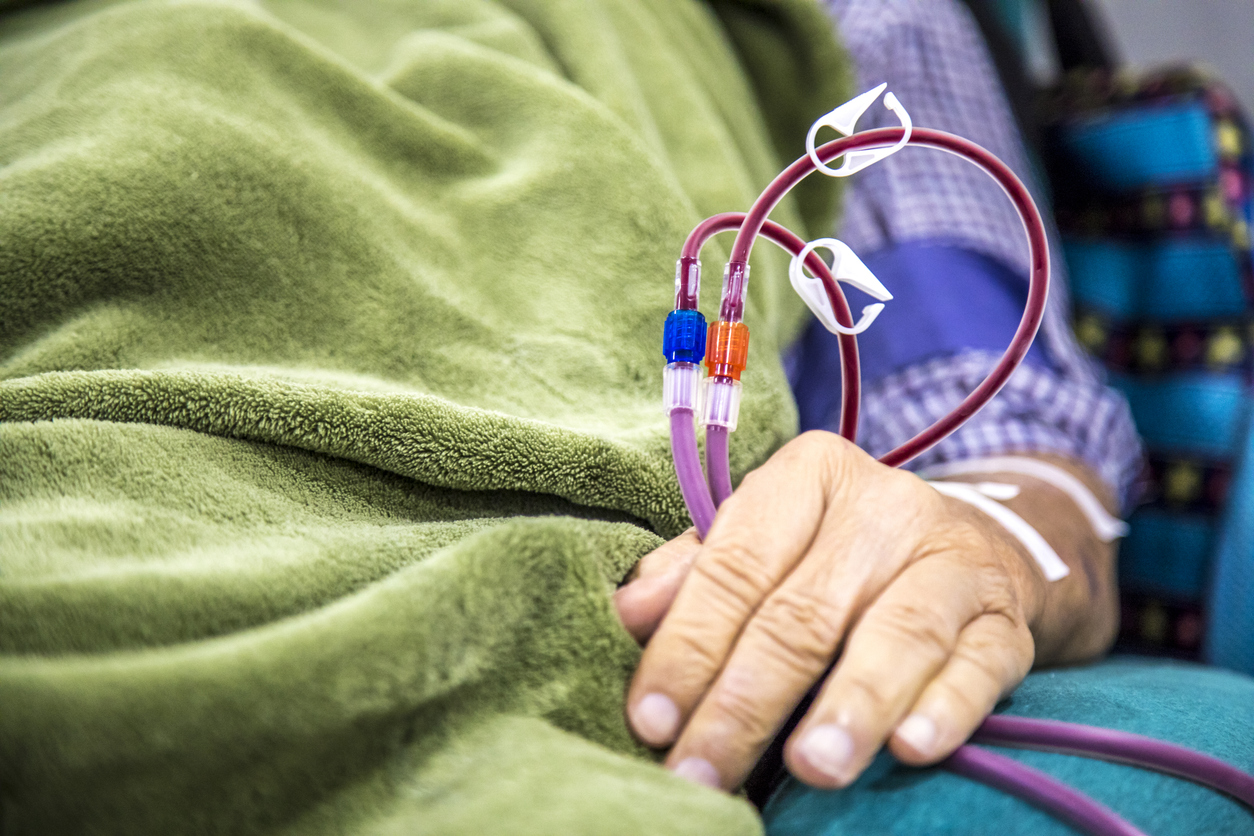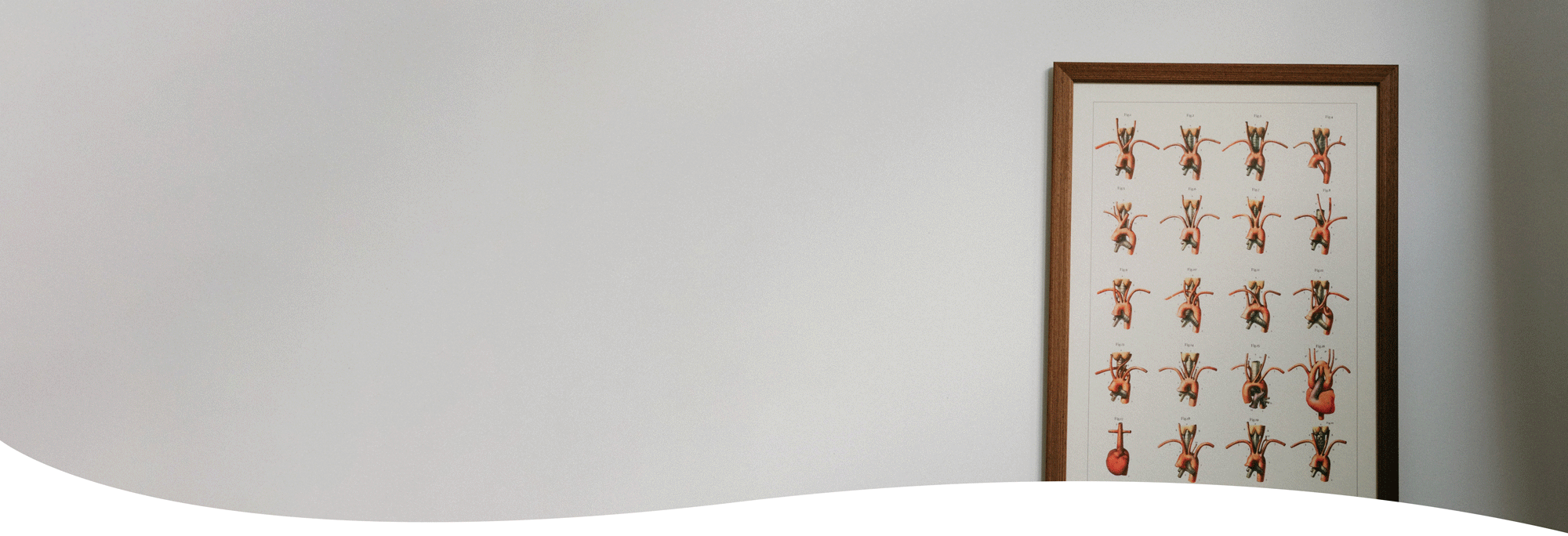Renal Failure and Vascular Disease
What vascular Diseases cause Renal Failure?
Patients with End Stage Renal Failure are usually faced with the dilemma of requiring replacement therapy. They need to filter their blood through a dialysis machine which does the work that their Kidneys would have done. The kidneys play a vital role in removing urea, potassium and excess fluid from the blood. When the kidneys have failed and they can no longer maintain this process of blood filtration, patients are placed on a dialysis machine for up to three times a week. In order to have the blood removed from the patient’s body, filtered through the machine and then returned into the patient, access is required to the patient’s blood vessels.
An alternative to having dialysis would be a kidney transplant. This is a good option however not all patients may be suitable for one.

What involvement does a Vascular Surgeon have with Renal Failure?
A Vascular Surgeon can create an access device for a patient to then safely place them on dialysis. This access device becomes the patients lifeline and the way in which their blood can be safely accessed, filtered and returned.
A Vascular Surgeon may create a fistula of your vessels in your arm, leg or even your chest. There may be a necessity to even place a temporary plastic tube in your jugular vein in the neck to safely have dialysis.
A Vascular Surgeon may also perform your kidney transplant and be involved with your transplant surgical team.
What is a Fistula?
A Fistula is a connection between your own artery and vein which creates a shunt. It’s referred to as an Arterio-Venous Fistula (AVF). An AVF is commonly placed just above the wrist, which connects the cephalic superficial vein to the radial artery in the wrist. The hand has two main arteries that supply it, the radial and the ulnar artery. It is the presence of a strong ulnar artery that allows a patient to have an AVF but not lose adequate blood supply to the hand.
An AVF can also exist in the middle of the forearm, the elbow or even the upper arm above the elbow. Dr Nedal Katib performs many complex access points in the wrist, forearm and arm with the help of stents and balloons. This is an area of cutting edge technology and advanced techniques which he is very passionate about.
When would I need a Kidney Transplant?
A Kidney transplant helps replace the need for dialysis and could be a good durable option for renal replacement therapy. Dr Nedal Katib performs kidney transplants for those requiring it as part of the South Eastern Sydney Local Health District and the St Vincents and Mater Hospital Networks in NSW.
A Kidney transplant involves either living related donor or a cadaveric (deceased) donor donating a kidney which is then placed in the abdomen on the iliac or pelvic vessels where access to the vessels are safe surgically and space can be created for the kidney.
